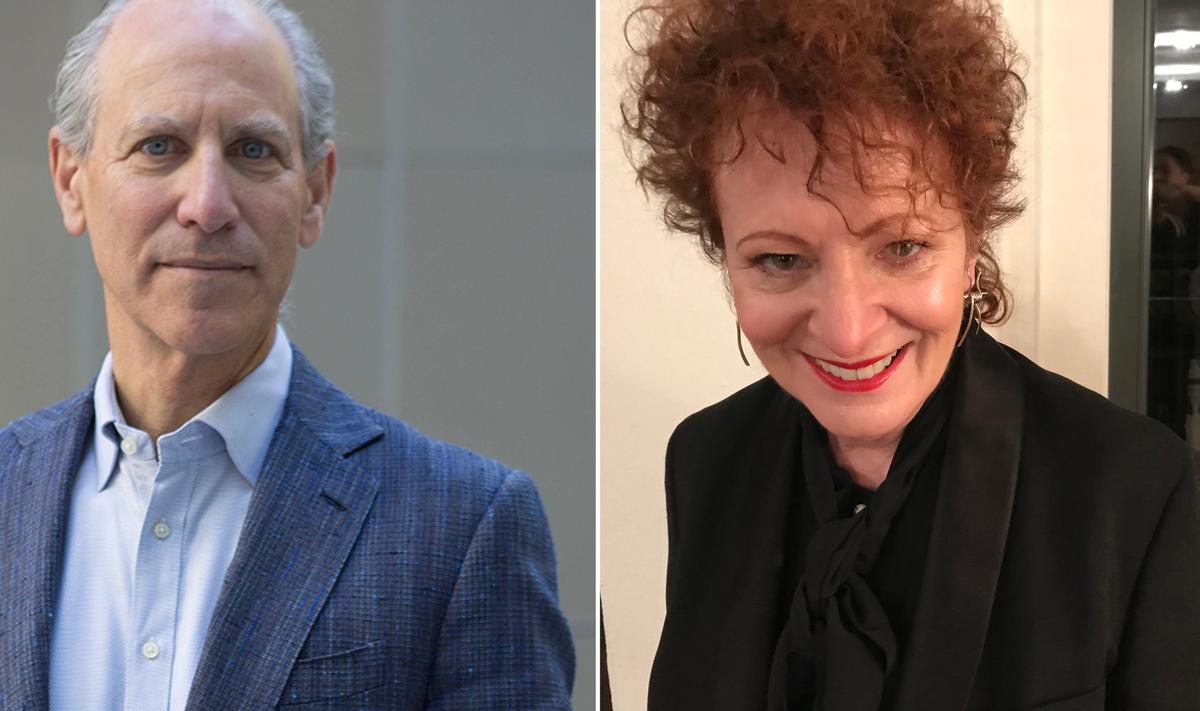The artist and activist Nan Goldin is the highest placed woman on Art Review’s annual Power 100 list this year, taking the number two slot after Glenn Lowry, the director of the Museum of Modern Art (MoMA) in New York. Last year’s number one, the New York-based dealer David Zwirner, slides down to number five.
Goldin has been targeting the Sackler family and its company Purdue Pharma, which is accused of fuelling the opioid crisis in the US by aggressively marketing OxyContin and misleading doctors and patients about its addictive qualities, allegations that the company denies. The photographer revealed that she became dependent on OxyContin after suffering from tendonitis in her left wrist.
Goldin’s recent protests include an intervention at the Louvre in Paris. “Goldin’s questioning of the ethics of philanthropy is proving a point often subject to debate: that art and artists can and do effect change in the real world,” says an Art Review statement.
Goldin is the highest placed artist, followed by Hito Steyerl in fourth place, who also denounced Sackler sponsorship of cultural institutions earlier this year (she headed the Power 100 in 2017). Banksy, who has generated one headline-hitting event after another, makes his debut on the list at number 14.
This year saw the opening of a $450m makeover at MoMA, overseen by Lowry, which completely rethinks the installation of its collection, and jettisons the traditional idea of the Modernist canon in favour of a more geographically encompassing, multi-disciplinary approach.
“MoMA may have arrived at this approach with guidance from the Studio Museum of Harlem’s [director] Thelma Golden [ranked at number seven] and implicit encouragement from Tate’s recent efforts to decolonise and ‘decentre’ its own collection (Tate’s director, Maria Balshaw, is ninth on the list),” Art Review says.
The ranking is a reflection of the headlines that have dominated the media over the past 12 months. Restitution is becoming a more urgent issue, hence the inclusion of the Senegalese economist Felwine Sarr and the French art historian Bénédicte Savoy at number six. Late 2018, they produced a report commissioned by President Emmanuel Macron calling for the repatriation of African cultural heritage. Some commentators argue though that their joint report was too ambitious to be workable. Meanwhile, the #MeToo movement moves down the list from number three to 21.
Sheikha Al Mayassa, the chairperson of Qatar Museums who was number one in 2013, does not feature this year. Sheikha Hoor Al-Qasimi, the director of the Sharjah Art Foundation, comes in at 32, while the collecting couple Nadia and Rajeeb Samdani, the organisers of the Dhaka Art Summit, along with event curator Diana Campbell Betancourt, are at number 47.
The 2019 list, which is the 18th edition, was compiled in consultation with an anonymous panel of 30 artists, curators and critics from around the world.


